Amazon rallies associates to battle Apple's iTunes share
Having begun its existence selling books, Amazon told members of its Associates program on Wednesday that they could earn 20 percent for every referred sale from the company's new MP3 store until the end of 2007. Up to $1.50 from each album or song sold would go to the affiliate, according to a message sent to Amazon's partners.
The move was aimed at providing a jumpstart to Amazon's fledgling direct-download service, which launched in late September with a unique focus on carrying only music without digital rights management (DRM). By providing a more immediate financial reward, the company hoped to see more websites link to songs offered on Amazon MP3 alongside their usual fare — and potentially, in place of links to competing music stores.
In contrast, Apple's iTunes referral program currently offers 5 percent of each sale to an affiliate, or just one quarter of Amazon's promised share. Normal referrals would still provide double the amount of the Apple store at 10 percent.
Amazon's approach escalates an increasingly direct conflict with Apple for control of the download music business, which started when the former began selling DRM-free songs at 99 cents or less versus Apple's $1.29. Apple responded in mid-October by dropping iTunes Plus prices to a similarly low level.
Apple also challenged Amazon's claim of holding the largest catalog of unprotected music, listing songs from significant independent labels like Sub Pop as well as its existing EMI library. Amazon's store includes some independents but also enjoys the support of Universal Music, which is conducting a trial run of DRM-free songs on several large online stores but has refused the same deal for Apple. Universal recently opted out of long-term contracts with the iTunes operator and is widely reported to be using its experiment as a means of curbing Apple's dominance of online music.
 Katie Marsal
Katie Marsal
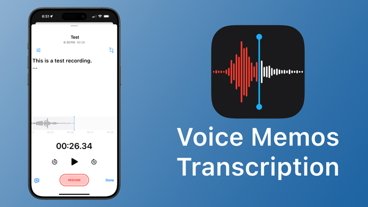
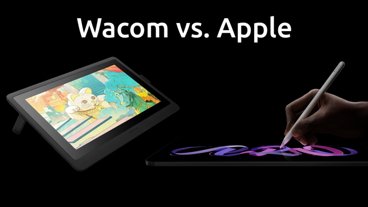

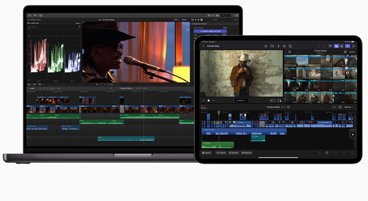








 Malcolm Owen
Malcolm Owen

 Amber Neely
Amber Neely
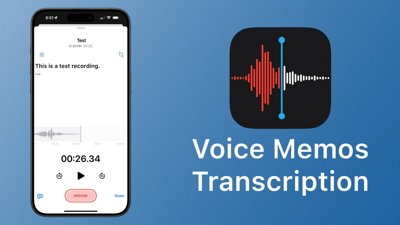
 Marko Zivkovic
Marko Zivkovic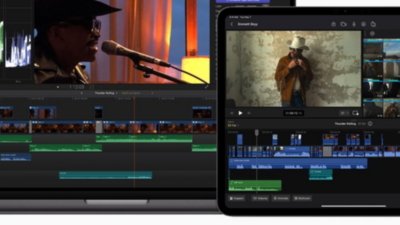
 David Schloss
David Schloss
 Wesley Hilliard
Wesley Hilliard
 Mike Wuerthele and Malcolm Owen
Mike Wuerthele and Malcolm Owen









18 Comments
Slow news day...
And its not even technically Thursday yet...
In other news: Microsoft bankrupts and Apple takes over the market with a 99% share.
I've used both services now, and there are definite advantages to both. Hooray, capitalism!
Come on Apple. Get mad! Give us the DRM'd music for 89 cents.
I've used both. I like iTunes better, but Amazon is good enough that easy direct web links that don't require iTunes to be installed will be a huge plus for it.
This referral system has been huge for books with Amazon. Bloggers and news sites of all sorts put links to Amazon right in the text of their articles all the time. They start doing that for music, and Amazon's music store will get very big, very fast. Apple's only defense will be to implement some sort of referral system themselves, AND make the iTunes store accessible directly though the web site in addition to iTunes.
Come on Apple. Get mad! Give us the DRM'd music for 89 cents.
NO, NO, NO! Not 89 cents...
and
NO, NO, NO! Not Hooray Capitlaism... Apple needs to think Communism!
Apple mark your iTunes song prices at .59 each and albums at 4.99 each and your movies at 2.99 each until Amazon quits and Universal cries foul and crawls back. Oh and the communism part - Nikita Khrushchev once said in reference to capitalism, "My vas pokhoronim!", translated to "We will bury you".
There you go, Steve, your mantra - We will Bury You!